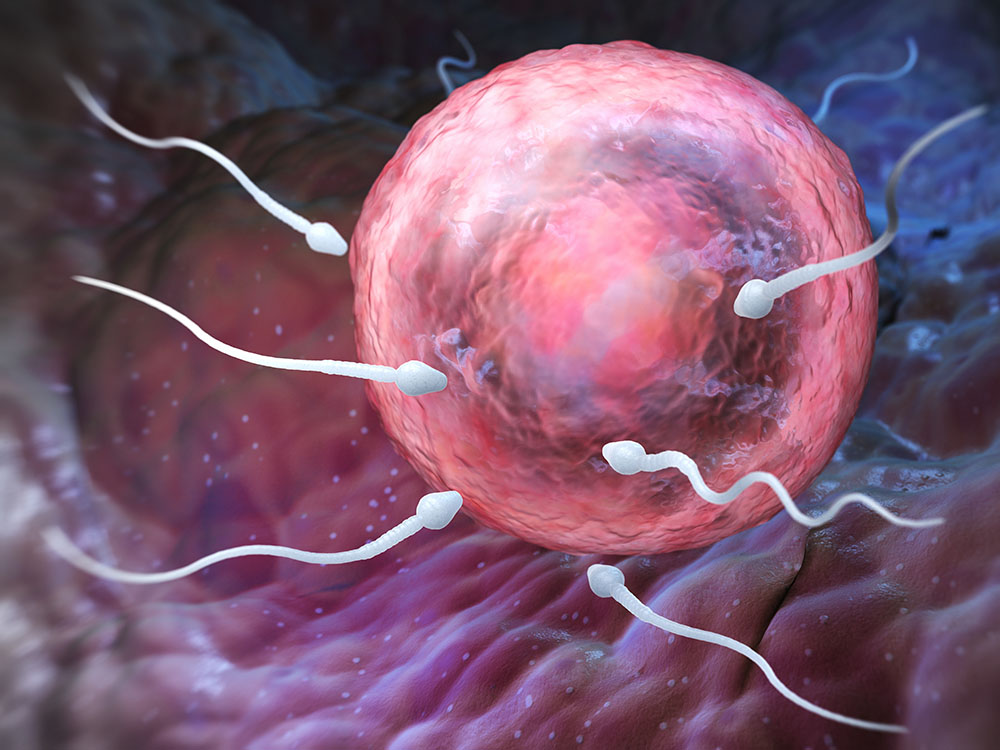Recently, The Guardian released an article titled “Women Don’t Need To Bleed: Why Many Women Are Giving Up On Periods”. Many professionals within the Fertility Awareness-Based Method (FABM) community were concerned at how harmful the article was, and I want to delve into exactly how so! The above video is my response to The Guardian’s article – if you would prefer to read about why your menstrual cycle is more than just a bleed – continue reading for the transcript of the video.
The article was authored by Nicola Davis, who outlined how increasing numbers of women are choosing to use methods of contraception such as the combined oral contraceptive Pill continuously, to completely banish their period, and with it all uncomfortable symptoms such as bloating, cramping, mood swings and acne.
To begin with, I want to make sure that readers understand the definition of a true period: A true period is a bleed which follows approximately 14 days after ovulation. This means that if you’re not ovulating, you’re not having a true period. Instead, you’re having what’s known as a withdrawal bleed. A withdrawal bleed occurs when the lining of the uterus sloughs away in response to the “withdrawal” of hormones (in this case, the synthetic hormones of the Pill).
Most contraceptives work by inhibiting ovulation, which means that if you’re on these methods of contraception, you’re not even having a true period. On top of this, there’s no good reason for you to have a withdrawal bleed each pill packet. It’s simply done because that’s the way it’s always been done (and yes there is some evidence that this is because the original developers of the Pill wanted the method to seem more natural and therefore more acceptable to the Pope).

All this aside – if you’re already on hormonal contraception that inhibits ovulation, then you’re not experiencing a true period anyway – so sure, go ahead and take those pill packets back-to-back because the bleed you’re experiencing really has no benefits for you.
However, here’s where we come to the interesting stuff: the article by The Guardian COMPLETELY missed the mark by saying that menstruation is pointless.
In fact, there’s a quote in there by Dr Anne Connolly, the clinical lead for Women’s Health for the Royal College of GPs, who says there is no health benefit to them: “Ninety-nine per cent of women don’t need to bleed.” Judith Stephenson, the Margaret Pyke professor of sexual and reproductive health at University College London, even goes so far as to say “In some ways, it seems like one of God’s great design faults … It is not helpful to have these periods – in fact, if you don’t have them, one of the biggest benefits would be reducing iron deficiency anaemia.”
Both of these medical professionals are completely missing the fact that menstruation is not the main event of the menstrual cycle.
Menstruation is simply a flow-on effect of ovulation. Ovulation is the true main event of the menstrual cycle – and ovulation has significant health benefits. This is because ovulation is the way that we make our female sex hormones, oestrogen and progesterone. Ovulating regularly has health benefits for your heart, bones, breasts, mood, libido, energy, insulin response, thyroid, skin, hair and so much more.

For example, ovulation is incredibly important for bone health and during our teens and twenties is our only chance to build up a good bone mineral density. Oestrogen and progesterone play a role in bone health, and if we take contraception that stops us from ovulating during this time, we’re missing out on the chance to build up some of our bone mineral stores for the future. This can increase our risk for osteoporosis in old age.
As another example, progesterone has natural benefits for your mood and low progesterone is linked to anxiety and depression. If you’re not ovulating, you’re not making progesterone and therefore don’t get to enjoy this natural protection.
Also, regular ovulation has huge benefits for heart health – and this is one of the reasons why postmenopausal women are at an increased risk of heart disease.
I’m not a medical professional so I do encourage you to do your own research on the health benefits of ovulation. The above are just a few examples. The key takeaway here is that ovulation is a natural mechanism of the body and has many benefits that go well beyond reproduction.
It’s also worth noting that the synthetic hormones in the Pill are NOT the same as the natural sex hormones that your body produces when it ovulates – they don’t have the same benefits (and in many cases actually cause unfortunate side effects instead).
Oftentimes these articles roll out this idea that in the past, women hardly had any periods because we were so busy being pregnant cavewomen – and therefore we should really suppress our periods because we’re having too many periods compared to our cavewomen ancestors. This article by The Guardian is no exception! What they fail to mention though, is that pregnancy involves massive levels of the hormone progesterone which has huge health benefits. Outside of pregnancy, the only other time you’re going to make progesterone is when you ovulate. If you’re not ovulating, you’re not making progesterone.
Therefore if you decide to suppress your menstrual cycle entirely, you’re not replicating the conditions of pregnancy; rather, you’re replicating the hormonal profile of a chemically castrated or post-menopausal woman! In addition to all of this, our menstrual cycles are actually now considered a fifth vital sign of our health. By taking hormonal contraception, we completely suppress the messages that our menstrual cycle is trying to communicate.
It’s a bit like seeing the oil light go on in your car – and it glares in your eyes a bit when you’re driving at night and it’s just all a bit inconvenient, so you tape a piece of paper over the light so that it doesn’t bother you anymore. Meanwhile, your oil levels are getting lower and lower and your car is rapidly heading toward a breakdown.
The same happens when you take the Pill to cover up your menstrual cycle issues. It’s a bandaid.
The Pill doesn’t fix anything. If you have PCOS or endometriosis or fibroids – they’re all still there, under the surface, and in many cases progressing silently in the background! (And yes, the Pill can play a vital role in allowing women to suppress the painful symptoms of conditions such as endometriosis and dysmenorrhea, but this should always be undertaken with the knowledge that it is not fixing anything).
Where at all possible, it’s always preferable to address the root cause of your pesky period problems instead of sweeping them under the rug – after all, they’re your fifth vital sign.
I think we also need to quickly touch on this quote: ‘Experts also stress that stopping periods won’t affect future fertility. Dr Anne Connolly says “When you stop taking the hormones, they get flushed out of your system very quickly, and your periods will return to what they were before you started taking the pill,”’
This is actually a little misleading. Yes, the synthetic hormones of the Pill are very quickly flushed from your system; however, your system itself now needs to kick-start a complex endocrine messaging process that’s been suppressed for however many years you’ve been on the Pill – and this doesn’t necessarily happen straight away. In fact, one study showed that it took 9 months before all the participants had regained their menstrual cycles.
In addition to this, the Pill is known to deplete a number of nutrients that are vital to foetal development during the early stages of pregnancy – so you really don’t want to fall pregnant immediately after coming off the Pill, even if your fertility does return straight away.
I fully support the Pill being available to us all (I have personally used it myself in the past and I’m very aware and grateful for the ways in which the Pill was central to the feminist movements that allowed us access to education, politics and the workforce). However, I think we need our health practitioners to be a little more honest about the mechanisms by which the Pill works, and how exactly those mechanisms may affect our health both now and in the future.
Your menstrual cycle is more than just a bleed.

